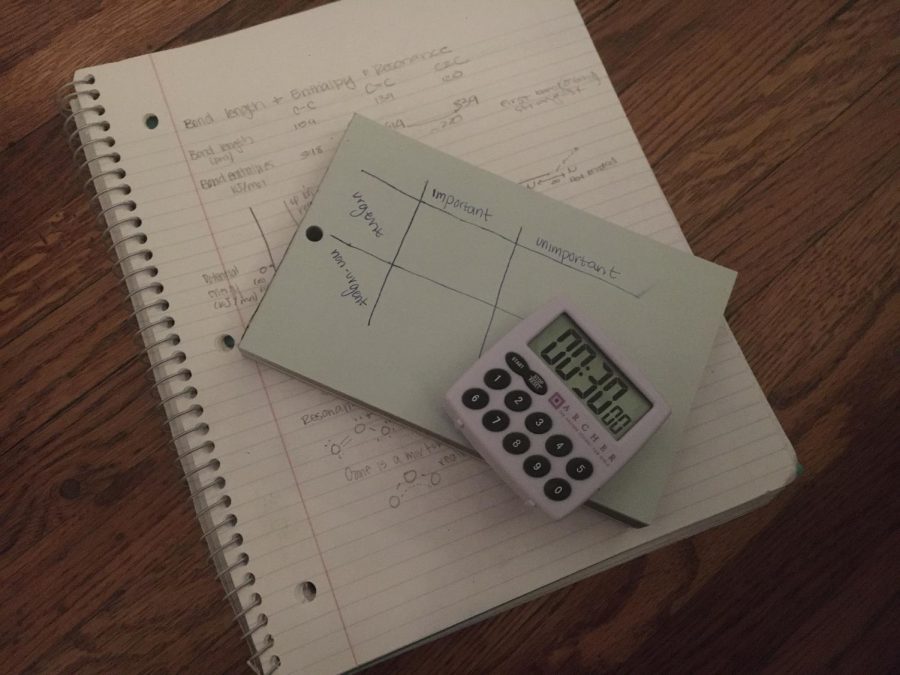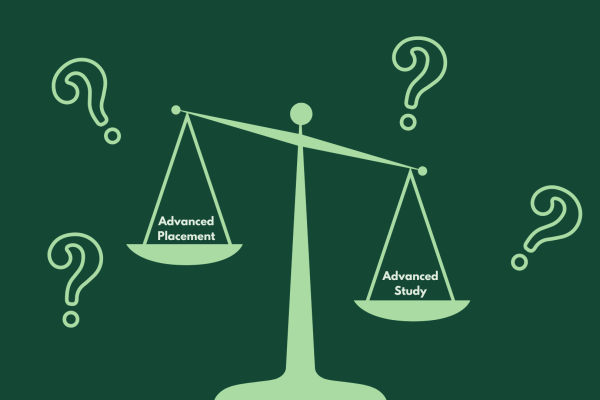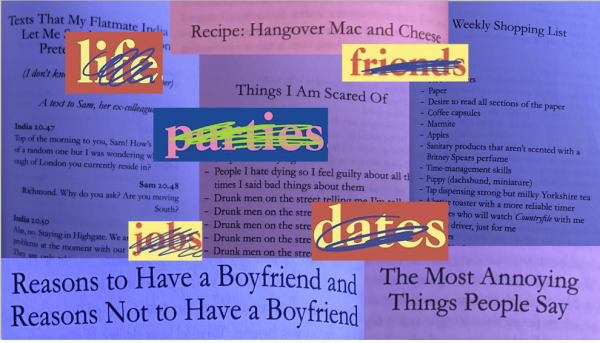Battling burnout? Try these study tricks.
Photo credit: Anna Brodsky
Looking to fight fatigue? Try reviewing your notes soon after the relevant lesson or using techniques like the Pomodoro or the Important-Urgent matrix.
While schools in New York City and elsewhere on the East Coast will soon have a mid-winter break known as “ski week,” the grind doesn’t stop for us West Coast folk. Luckily, there are strategies that can help fight lack of productivity — and they’re scientific, too.
I’ve always been fascinated by the concept of “study hacks” — the tricks that would somehow transform my over-caffeinated, under-rested mind into a steel trap ready to solve differential equations or compose sonnets at lightning speed. Unfortunately, dear reader, I haven’t quite found the golden ticket. But some of these tips help fight fatigue.
1. Change your scenery
Anyone who knows me is all too aware of my obsession with studying in coffee shops. As it turns out, the creativity-inducing effects of relocating to a coffee shop extend to any place outside your normal workspace. Switching up your location helps recall, too. Robert Bjork, a Distinguished Research Professor in UCLA’s Psychology Department, explains that studying in one place all the time improves recall in that space. If you want to know the information outside of your desk at home, try moving around.
2. Wake up early
A friend I met over the summer blew my mind when he said he’ll go to bed early and wake up at 4 a.m. to do his homework. “That could never be me,” I scoffed. I’m usually too tired to even snooze my alarm in the morning — I just let it play until it shuts off. But on an infamous night in November 2019, I decided that desperate times called for desperate measures. So I set my alarm and braced myself for the agony to come. Surprisingly, though, I cranked through my assignments with ease.
It turns out there was a method to my madness. According to Harvard researcher Christoph Randler, morning people tend to be more proactive. Doctors Robert and Kirti Salwe Carter, authors of the bestseller “Morning Mind,” found that the brain is more hydrated and thus more productive in the morning. Can’t bring yourself to crawl out of bed in the wee hours? That’s fine — Randler’s research indicated that going to sleep and waking up at consistent times each day also correlates with proactivity.
3. Bend the elements (or just the Curve of Forgetting)
In the 1880s, German psychologist Hermann Ebbinghaus ran a series of limited experiments on himself in an attempt to model how long the brain retains information. His results, which were supported by a broader 2015 study, indicate that as time goes on, the brain loses information at a faster rate. But you can change the curve with relatively little energy investment. According to the University of Waterloo, without review after class, you will have lost 50% to 80% of the information by the next day. Within a month, you’ll retain 2-3% of information. However, spending 10 minutes reviewing the information within 24 hours can raise your retention level almost to 100 percent.
Here’s the cool part: every time you review information, you need to take less time and you can space out your review sessions more and more. Compared to the time it would take to relearn information, these small installments just make sense. So next time you learn a difficult topic in class, try reviewing for 10 minutes within 24 hours, 6 minutes a week later, and 4 minutes a month later.
5. Get weird with memory tricks
History Department Chair Bethany Neubauer told my AP Art History class that strange memorization exercises help cement information in the brain. And after a particularly inventive game of charades for Ancient Greek art, I can confidently say I will never forget the differences between Doric and Ionic columns. Grabbing a few friends and trying to have a little fun while you’re studying is never a bad thing. If charades isn’t your thing, try mnemonic devices like acronyms or vivid images. In my experience, the stranger the trick, the more vividly I remember the related information.
6. Try a preexisting system
My friend and I regularly employ Francesco Cirillo’s Pomodoro Technique, which takes its name from the tomato-shaped timer Cirillo used to time himself. To use this technique, work for 25 minutes at a time with no distractions — yes, including social media — then take a 5-minute break. After four increments or “pomodoros,” treat yourself to a half-hour break.
Not your thing? You could also try the important-urgent matrix, which helps prioritize which tasks to tackle and which to neglect. To complete this exercise, divide a paper into four quadrants: urgent/important, non-urgent/important, urgent/unimportant and non-urgent/unimportant. This strategy attempts to combat our natural tendency to focus on urgent, unimportant matters.
Or, for a simpler strategy, try “Eat that Frog,” which is based on the Mark Twain quote “Eat a live frog first thing in the morning, and nothing worse will happen to you the rest of the day.” In other words, do the thing you’re dreading first and look forward to the easier, more enjoyable tasks to come.
Happy studying!

Anna Brodsky joined the Oracle staff in 2016. She took a hiatus for the 2017-2018 school year to fulfill her art credit by serving as copy editor for the...





![Freshman Milan Earl and sophomore Lucy Kaplan sit with their grandparents at Archer’s annual Grandparents and Special Friends Day Friday, March 15. The event took place over three 75-minute sessions. “[I hope my grandparents] gain an understanding about what I do, Kaplan said, because I know they ask a lot of questions and can sort of see what I do in school and what the experience is like to be here.](https://archeroracle.org/wp-content/uploads/2024/03/grandparents-day-option-2-1200x800.jpg)



























































Beth Gold • Feb 24, 2020 at 7:38 am
Very entertaining and useful info Anna! Thanks for sharing. I think I will stick with my English muffin in the morning though!
Isabella • Feb 23, 2020 at 9:44 pm
Another great and helpful article Brodsky! I’m currently reading this while I should be studying, so maybe I’ll try one of those tricks now!